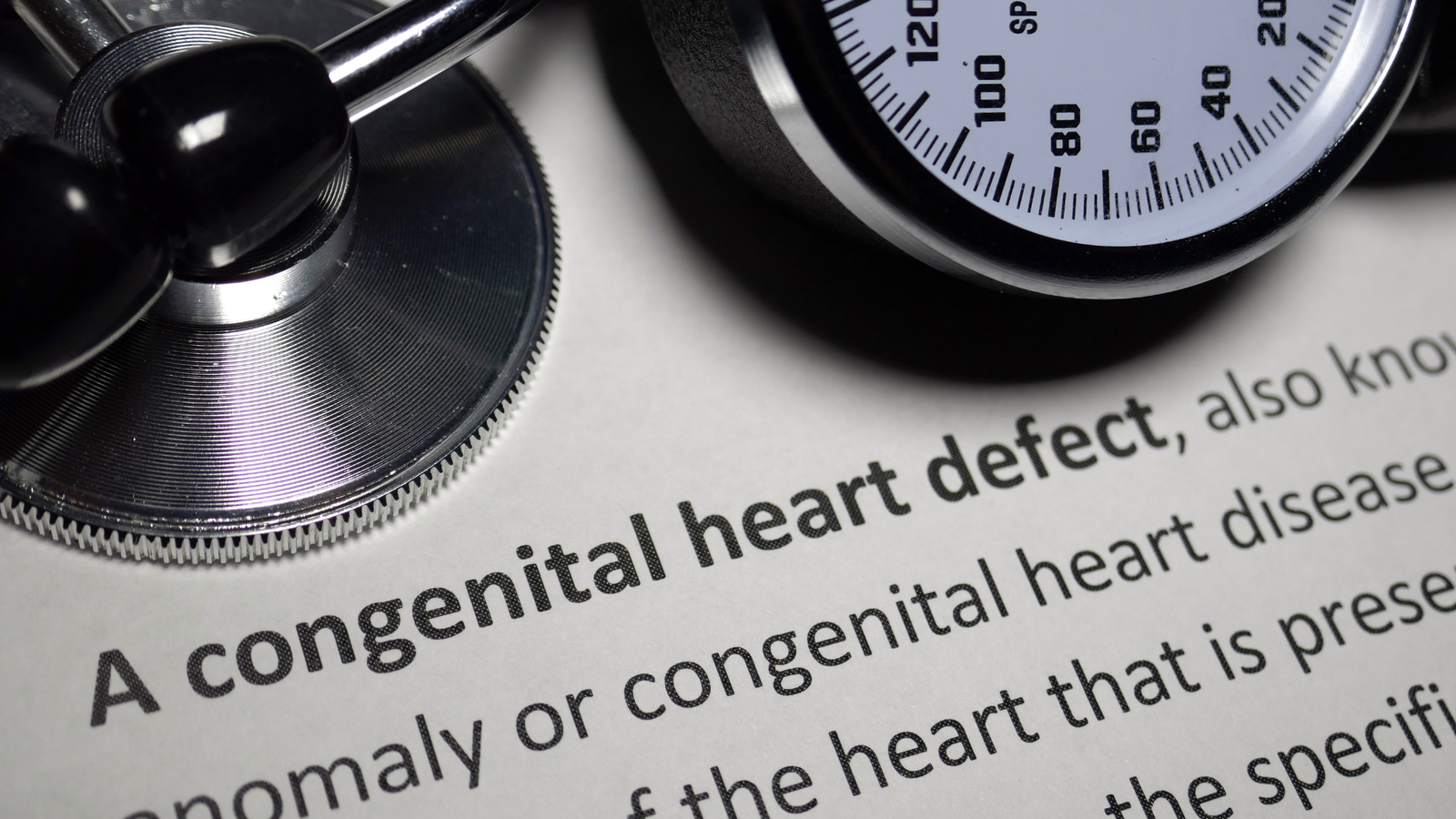Congenital heart defects (CHDs) are structural abnormalities in the heart present at birth. They are among the most common birth defects, affecting the heart’s ability to pump blood effectively. While the exact cause is often unknown, several factors may contribute to the development of CHD. Understanding these factors can help in early detection and proper medical care.
1. Genetic Factors
Genetic predisposition plays a significant role in the development of CHDs.
- Family History: A child is at a higher risk if one or both parents have a history of heart defects.
- Chromosomal Abnormalities: Conditions like Down, Turner, or Marfan syndrome are often associated with heart defects.
2. Maternal Health Conditions
The mother’s health during pregnancy can influence fetal heart development.
- Diabetes: Uncontrolled diabetes increases the risk of congenital heart issues.
- Rubella Infection: Contracting rubella during pregnancy can disrupt normal heart development in the fetus.
- Obesity: Maternal obesity is linked to a higher risk of CHD.
3. Environmental Factors
External exposures during pregnancy can contribute to CHD.
- Medications: Certain drugs taken during pregnancy, such as isotretinoin or anti-seizure medications, may cause congenital heart defects.
- Alcohol and Smoking: Excessive alcohol consumption and smoking are significant risk factors.
- Exposure to Chemicals: Contact with hazardous chemicals or pollutants may impact fetal development.
4. Nutritional Deficiencies
Proper maternal nutrition is crucial during pregnancy.
- Folic Acid Deficiency: A lack of folic acid increases the risk of heart and neural tube defects.
- Malnutrition: Overall poor nutrition can impede proper fetal development.
5. Advanced Maternal Age
Pregnancy at an older age, especially over 35, is associated with a higher likelihood of chromosomal abnormalities, increasing the risk of CHDs.
6. Unknown Causes
In many cases, the exact cause of a congenital heart defect cannot be identified. These are thought to result from a combination of genetic and environmental factors.
Preventive Measures
While not all CHDs can be prevented, certain steps can reduce the risk:
- Regular prenatal check-ups
- Proper management of maternal health conditions
- Avoiding harmful substances during pregnancy
- Ensuring adequate folic acid intake
Early Detection and Expert Care
Early detection of congenital heart defects is crucial for effective treatment and better outcomes. Pediatric cardiologists like Dr. Nidhi Rawal, with over 15 years of experience, specialize in diagnosing and managing CHDs in children. Advanced diagnostic tools and personalized treatment plans can significantly improve a child’s quality of life.
If you’re concerned about your child’s heart health or need expert advice, consult Child Heart Health by Dr. Nidhi Rawal today.


